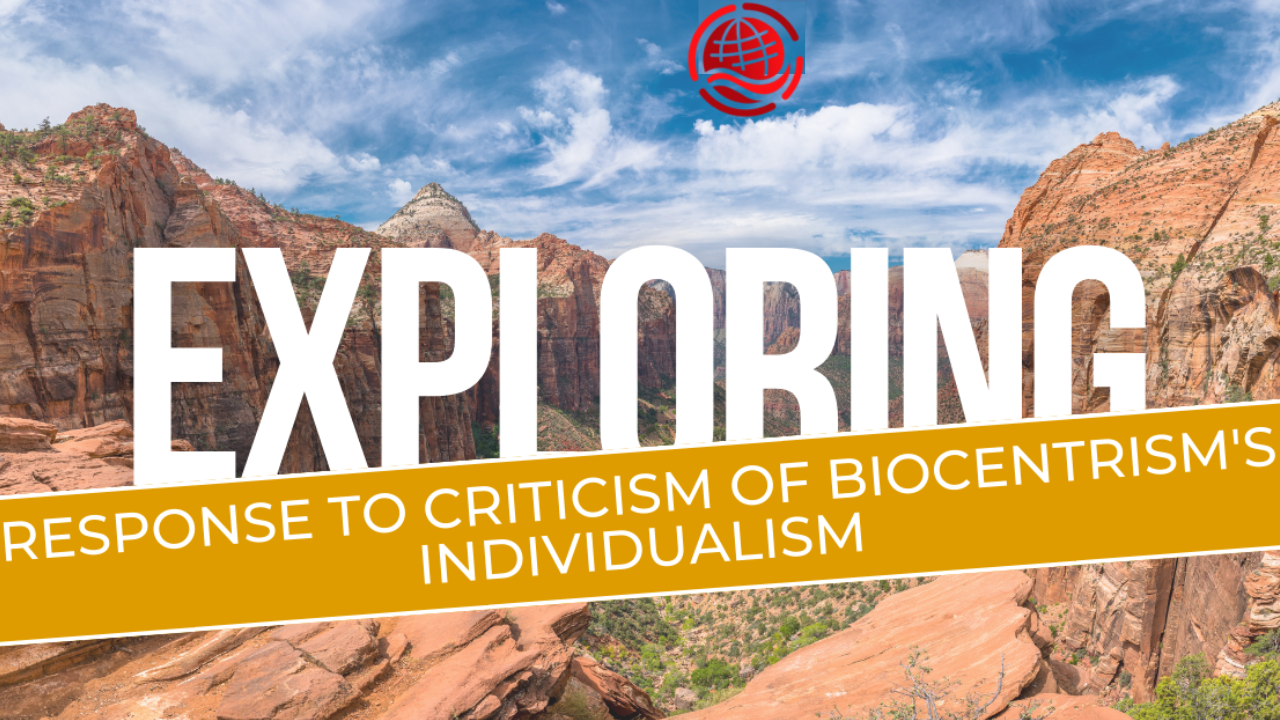Biocentrism, positing that life and biology are central to being, reality, and the cosmos, has been a topic of considerable debate and intrigue within both the scientific community and the public sphere. This philosophical perspective, popularized by Robert Lanza in his book “Biocentrism: How Life and Consciousness are the Keys to Understanding the Universe,” suggests that life creates the universe rather than the other way around. While this idea has captivated the imagination of many, it has also faced significant scrutiny and criticism. This article aims to delve deep into the concept of biocentrism, examining its foundations, arguments, and the critiques it has encountered, ultimately providing a comprehensive overview of why many have come to debunk biocentrism.
The Foundation of Biocentrism
Biocentrism is built upon seven central principles that collectively argue that the universe is a consciousness construct. These principles challenge the traditional, physics-centric view of the universe by suggesting that our understanding of the cosmos is inherently linked to the presence and viewpoint of living beings. Central to biocentrism is the idea that space and time are not external objects or realities but tools of our animal understanding created by our minds.
The Intersection of Quantum Mechanics and Consciousness
One of the cornerstones of biocentrism is its interpretation of quantum mechanics, particularly the observer effect, which suggests that observation affects the outcome of events at the quantum level. Lanza and other proponents use this to argue that consciousness plays a fundamental role in creating the universe. According to biocentrism, the universe does not exist in a definite state without a conscious observer.
Critiques and Challenges to Biocentrism
While biocentrism presents a fascinating perspective, it has not gone without its criticisms. Scholars and scientists have raised several vital points that challenge biocentrism’s validity and scientific basis, leading many to debunk its claims.
Misinterpretation of Quantum Mechanics
A primary critique of biocentrism is its interpretation of quantum mechanics. Critics argue that biocentrism misuses the concept of the observer effect, extending it beyond its scientific implications. In quantum mechanics, observation involves interaction at a quantum level, not consciousness or awareness. Thus, the argument that consciousness is required for the universe to exist in a definite state is seen as a misinterpretation of quantum theory.
The Problem of Consciousness
Another significant critique of biocentrism is its circular reasoning regarding consciousness. Biocentrism posits that consciousness creates the universe, yet it does not adequately explain the origin of consciousness itself. This leads to a logical paradox: if consciousness is needed to bring the universe into being, how can consciousness exist without the universe? Critics argue that biocentrism fails to address this fundamental question, undermining its premise.
Lack of Empirical Evidence
Biocentrism is also criticized for its lack of empirical evidence. While it draws upon scientific theories and principles, it does not provide concrete evidence to support the claim that consciousness is central to the universe’s existence. Critics point out that scientific theories are validated through experimentation and empirical data, whereas biocentrism relies on philosophical speculation without observable evidence.
The Misapplication of Biological Principles
Critics of biocentrism also highlight its selective and sometimes inaccurate use of biological principles. While biocentrism seeks to place biology at the center of understanding the universe, it often does so by overlooking the complexity and diversity of biological processes. Biocentrism undermines its credibility and scientific foundation by simplifying and misapplying these principles.
Philosophical and Scientific Alternatives
In debunking biocentrism, it is also essential to consider the philosophical and scientific frameworks that offer alternative explanations for the nature of the universe and consciousness. Physicalism, for example, argues that everything is physical or dependent upon the material, providing a more grounded and empirically supported view of the universe. Similarly, panpsychism offers a perspective on consciousness that, while distinct from biocentrism, avoids its pitfalls by not making consciousness a creator of the cosmos but rather an intrinsic aspect.
The Role of Science in Understanding the Universe
The scientific method remains a powerful tool for understanding the universe, relying on observation, experimentation, and evidence. While biocentrism raises interesting philosophical questions, its critiques emphasize the importance of empirical evidence and scientific rigor in forming theories about the cosmos.
The Place of Biocentrism in Contemporary Thought
Biocentrism has undoubtedly contributed to philosophical and scientific discourse by challenging conventional views and encouraging reevaluating our understanding of consciousness and the universe. However, its critiques and challenges highlight significant flaws in its arguments and foundational principles. By misinterpreting quantum mechanics, lacking empirical evidence, and failing to solve the problem of consciousness, biocentrism’s position as a scientific theory is untenable.
That said, the debate surrounding biocentrism underscores the complexity of questions about consciousness, reality, and the cosmos. It serves as a reminder of the limits of our current understanding and the ongoing journey to comprehend the universe’s profound mysteries. As science advances and our philosophical perspectives evolve, the dialogue between differing viewpoints will continue to enrich our quest for knowledge.
Biocentrism Debunked aims not to dismiss its intriguing possibilities but to ground our exploration of the universe in empirical evidence and rigorous scientific inquiry. The journey to understand the cosmos and our place within it is far from over, and it is through this continued pursuit of knowledge, that we can hope to uncover the truths of our existence.



